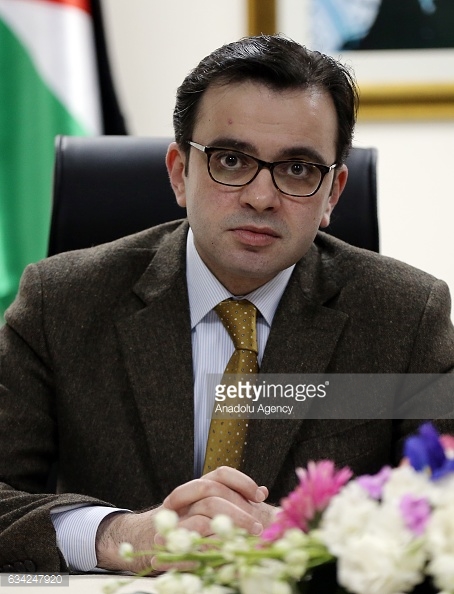The richness of a culture stems from the depth by which it interacts with life. Such interaction requires a knowledge of the past and, at the same time, an awareness of the future, be it through literature, song, theater, cinema, or the visual arts. For this reason, culture plays a distinguished role in a nation’s quest to define its characteristic domain and creative space. Any endeavor towards this end must strive to preserve history and collective memory while simultaneously stimulating and encouraging creativity. This understanding of the role of culture underscores its vital significance.
While culture generally can be defined as the creative language that defines the identity of a society, in Palestine it carries an additional meaning that is embedded in the consciousness of a broader vision: In Palestine, cultural activity is also an act of resistance. On the one hand, it derives its strength from the need to preserve our people’s collective memory and history, as it must reinforce and uphold our national – rather than colonial – narrative. On the other hand, culture in Palestine must be used today as a tool today to help us face the policies of exclusion, extremism, oppression, and discrimination. Thus, the Palestinian Ministry of Culture continually engages in efforts to highlight Palestinian creative voices and to allow them to be heard in various cultural spaces, both Arab and international.
The Balfour Declaration of 1917 constituted a national catastrophe. Its promise to establish a colonial state that contradicted and aimed to eradicate the land’s narrative and history paved the way for the destruction and fragmentation of Palestinian society. The Zionist movement made this ominous promise a fundamental pillar of its colonialist project on Palestinian land and began to implement settlement plans with the aim of controlling the land and usurping its memory. The most prominent features of these colonial policies emerged in 1948 with the Nakba, when systematic and widespread atrocities were committed against the Palestinian people, followed by the June 1967 war and the occupation of what had remained of historical Palestine. Unfortunately, the imperialist policy of repression and oppression against our people continues even today, aiming to undermine our steadfastness, our culture, and our insistence on remaining in this land. Israeli policy aims to block Palestinian endeavors and impede its struggle to establish an independent Palestinian state with Jerusalem as its capital.
As the year 2017 commemorates important centennials for Palestine, the Ministry of Culture wishes to celebrate the centennial of one of our pioneers in culture, Fadwa Tuqan, our national poet and an icon of Palestine.
Fadwa Tuqan was a pioneer in the use of free verse, an eloquent narrator of her people’s suffering, and a powerful voice in the assertion of the Palestinian quest. She also exemplifies the will and ability to work creatively under and despite numerous challenges, thus taking her place on the map of Palestinian and Arab poetry. Fadwa Tuqan’s biography is a source of inspiration for present and future generations who will build upon her experience and continue on the path of creativity, keeping the national vision of a Palestinian homeland as a main theme and source of inspiration.
We firmly believe that the preservation and creative use of our collective memory are important assets that serve the present. Since the year 1917 – the year of the Balfour Declaration – new generations of cultural pioneers have been born. This fact carries symbolism and meaning, and the realization of their significance is necessary if we wish to understand the magnitude of the challenge that has been placed on Palestinian culture as it confronts the Zionist colonial project. The cultural pioneers born in Palestine since 1917 are in fact merely an extension of the generations of cultural pioneers born before that year, individuals who have influenced Arab culture and civilization, especially during the nineteenth and twentieth centuries. Pre-Nakba Palestine represented a radiant cultural phenomenon in the Arab world and internationally. It featured cultural and economic beacons, most notably among them Jerusalem, Jaffa, and Haifa, which, together with the rest of Palestine, constituted an innovative and vibrant society and civilization. The Nakba in 1948 sought to fragment, deny, besiege, and even obliterate the development and culture of Palestine by creating a colonial reality that contradicted the geography and narrative of this country. The importance of culture cannot be emphasized enough when we assert our national and historical rights towards the restoration of Palestine as the cultural hub that does not merely belong to the past but also to the present and, indeed, the future.
With similar intention, the Palestinian National Library was established in 2017, a century after the Balfour Declaration. It is considered to be a response to the colonial project and constitutes a strategic step towards the activation of the Palestinian cultural scene and the preservation of Palestine’s collective memory. The inauguration of this library ought to be viewed as an example of Palestinian determination and planning, done within a cumulative and comprehensive vision to preserve the identity of Palestine’s cultural space and the history of our country.


